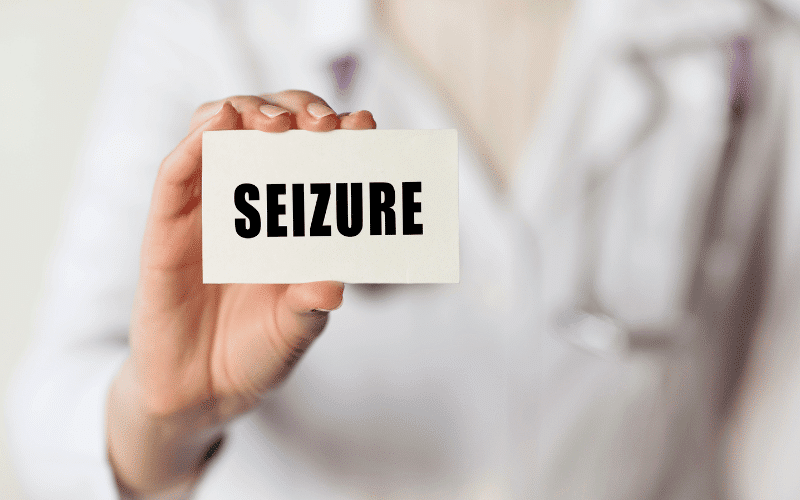Fact 11: TGA Episodes are Not Linked to Seizures or Epilepsy

In medical discourse, transient global amnesia (TGA) often becomes intertwined with seizures and epilepsy due to their transient nature and sudden onset. But crucially, researchers have found no established link between TGA and seizures. TGA is typically a standalone event that, while sudden and dramatic, does not induce convulsions or loss of consciousness associated with seizures.
Although TGA is a neurological event that shares a few similarities with seizure disorders—like its sudden onset and temporary nature—it has distinguishing features. Patients with TGA maintain consciousness and physical control throughout the episode, characteristics not commonly found in most seizure disorders.
A common misconception is viewing TGA as a mini seizure. However, this notion falls short when examined clinically. TGA patients do not exhibit physical signs of seizures, such as twitching or jerking movements. Moreover, they don’t lose consciousness during an episode, a symptom prevalent in most seizure incidents.
Epilepsy, characterized by recurring seizures, stands in contrast to TGA, which is typically a single, isolated event. A person with epilepsy might have persistent issues with memory or cognition due to frequent seizure activity. In contrast, a person experiencing TGA has short-term memory problems that resolve completely within 24 hours.(11)